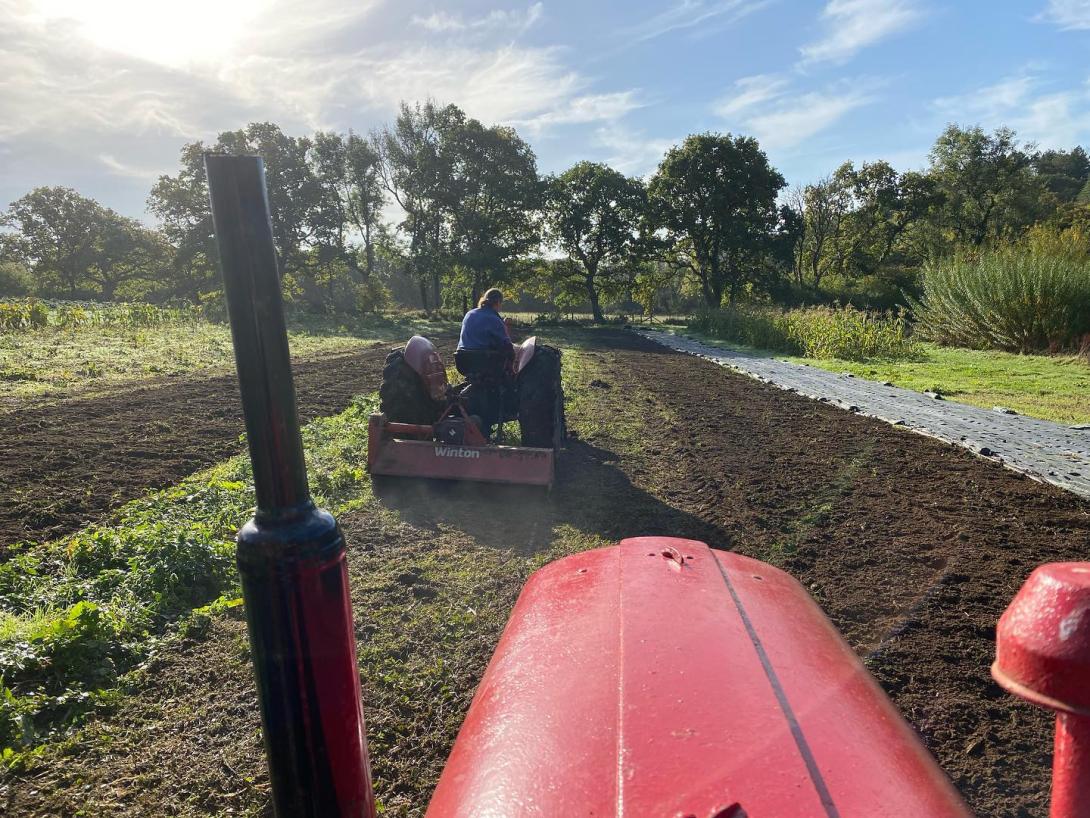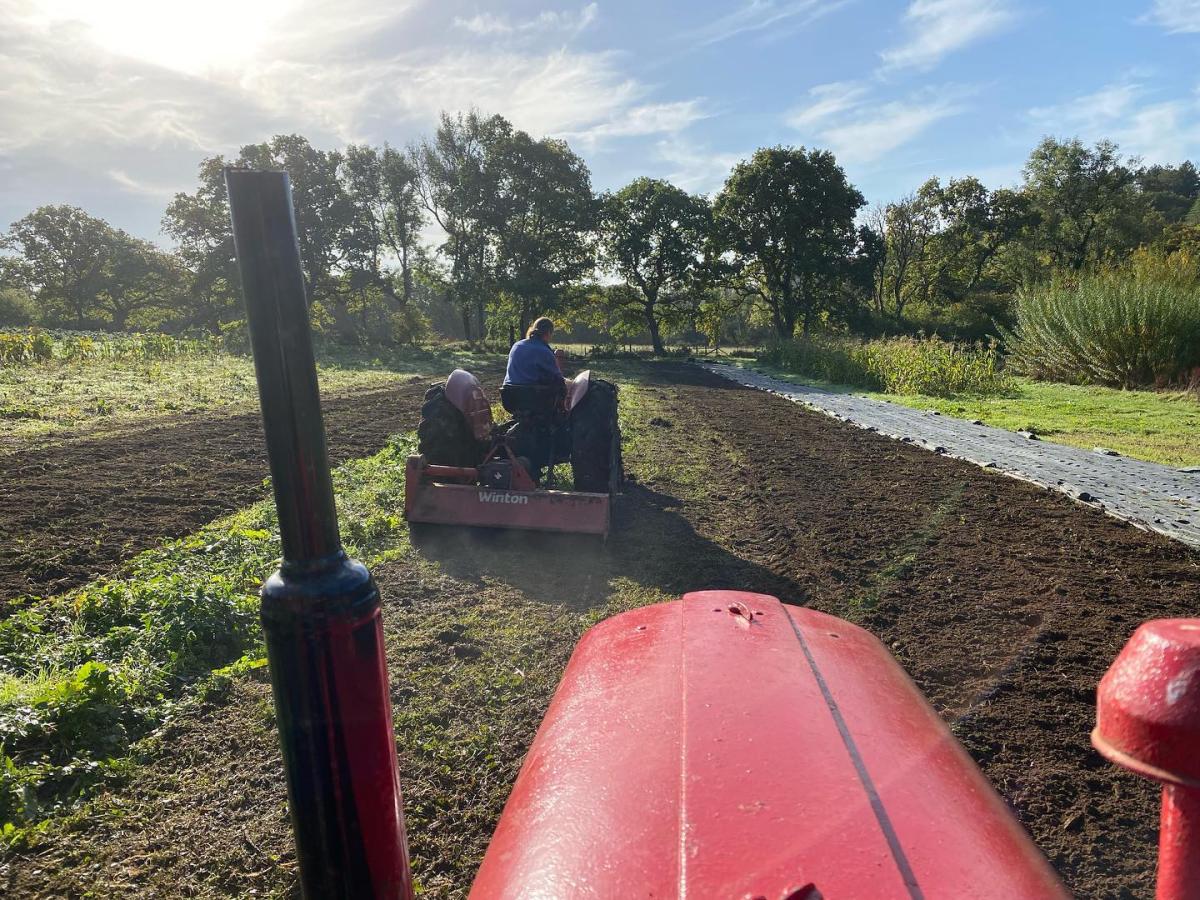
A study produced by a flagship Social Farms & Gardens project has found that there is an increasing interest in commercial growing and demand for local food in Wales.
The new study, titled “Mapping of existing horticulture training provision (and current sector requirements)” was commissioned by LANTRA Wales in partnership with The Landworkers’ Alliance, Cardiff University and Cae Tan CSA and as part of the Building Horticultural Future Farming Skills strand of the Resilient Green Spaces project.
Resilient Green Spaces is a £1.27m partnership project being led by Social Farms & Gardens to pilot alternative re-localised food systems using communities and their green spaces as the driving force for change across Wales until June 2023.
This project has received funding through the Welsh Government Rural Communities – Rural Development Programme 2014-2020, which is funded by the European Agricultural Fund for Rural Development and the Welsh Government. As part of the Building Horticultural Future Farming Skills strand, Cardiff University Sustainable Places Research Institute are countering negative perceptions of careers in horticulture farming through creative engagements with young people.

[PICTURE CREDIT: CAE TAN CSA]
The report summarises the findings from qualitative research conducted in summer 2022 by Miller Research, into skills and training in edible horticulture in Wales. The purpose of the research was to identify existing training in edible horticulture in Wales (both formal and informal) and how this provision fits with current skills needs in the sector, with a view to identifying gaps in provision and future priorities. The report found several trends including an escalating interest in growing commercially and an increased demand for local food. It looked at the impact of labour shortages and the increased interest in organic and regenerative techniques. Other trends were also noted such as people entering the sector with high level qualifications but not specific to horticulture.
Qualitative data revealed the perceived importance of training needs as demonstrated in the table below:

Future priorities were laid out with a key concern; to increase the size of the sector. A critical part to aid this would be to improve access to land. Improved marketing and promotion of the sector and its corresponding qualifications could add value to perceptions. The report also found a need for greater provision of horticulture-based apprenticeships and traineeships.
